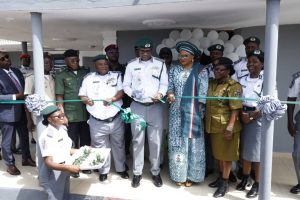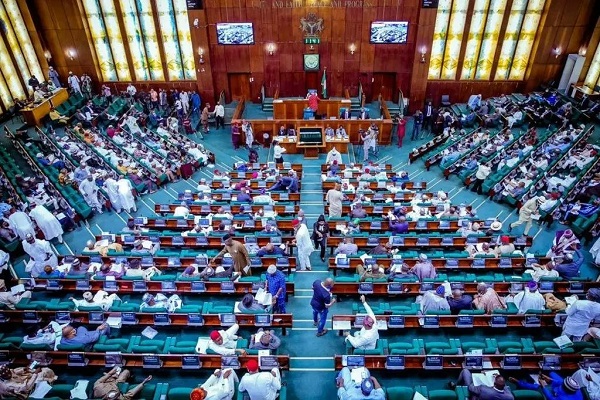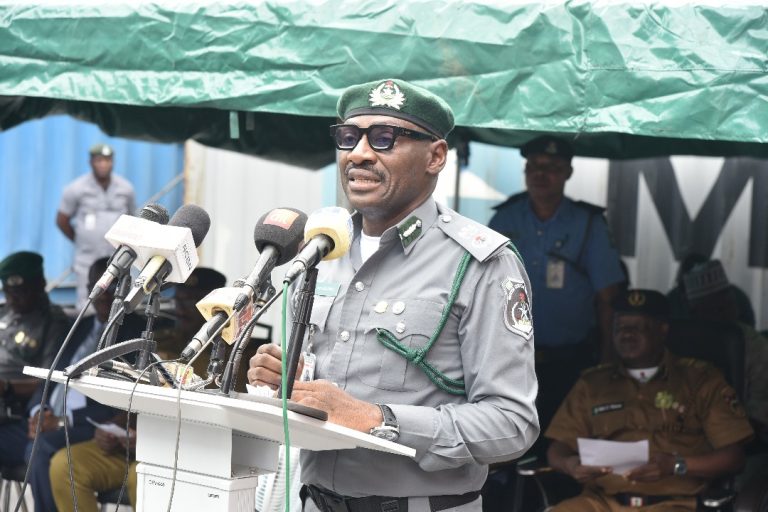- As Turkish, coalition forces hit Islamic State targets in Syria, kill 27 -media
The US and other world powers have said they are ready to supply Libya’s internationally recognised government in Tripoli with specific weapons to counter Islamic State, as well as to train the new Libyan government’s presidential guard. They are also willing to train the Libyan coastguard to do more to stop people smuggling across the Mediterranean to Italy. Oil shipments from Libya are also to be resumed.
The announcements on Monday, designed to boost the new government of Fayez al-Sarraj as the sole legitimate authority in Libya, were made following a meeting in Vienna of diplomats including those from Europe, the US and the Middle East.
Behind the scenes at the summit, time was spent trying to persuade the Egyptian government and United Arab Emirates to stop supporting the forces of Gen Khalifa Haftar, the military leader in Tobruk who has refused to recognise the Tripoli government even though it has UN recognition.
A split between the east and west of the country has left it in stasis and allowed Isis forces to gain a firm foothold.
The west would like to see Haftar link up with the Sarraj Government of National Accord (GNA), which is based in Tripoli, ideally by agreeing to work under a unified military command. At present both the GNA and Haftar claim they are advancing on the Isis stronghold of Sirte, but there is scepticism that Haftar has the logistical ability to reach the city.
Egypt, concerned by border security, is reluctant to abandon its support for Haftar and would like to see him take power. UAE is reported to have provided military vehicles to help Haftar’s assault on Sirte.
The Vienna statement repeatedly urges the rival factions to unite, saying “legitimate Libyan military and security forces must work quickly to implement a unified command to coordinate the fight against Da’esh (Isis) and UN-designated terrorist groups in Libyan territory. Ensuring security and defending the country from terrorism must be the task of unified and strengthened national security forces. Libyans must fight against terrorism with unity.”
The statement adds: “We reiterate our commitment to ceasing support to and official contact with parallel institutions. The GNA is the sole legitimate recipient of international security assistance and is charged with preserving and protecting Libya’s resources for the benefit of all its people.”
Privately, the west of the country is hoping Saudi Arabia will act as a broker to reconcile the Arab regional powers operating in Libya, and admits it has few means with which to persuade Haftar to lower his political ambitions. There is also concern that Russia may print $4bn (£2.8bn) worth of currency for circulation in eastern Libya, raising the prospect of two rival currencies operating in the country. The UK-based currency maker De La Rue is urgently printing $2bn worth of notes for circulation in Libya, designed to prevent the economy seizing up.
Libya is currently under a UN embargo imposed to keep arms away from terrorists and rival militias vying for power. But the communique signed by the US, the four other permanent UN security council members and the more than 15 other nations participating in the talks, says they are “ready to respond to the Libyan government’s requests for training and equipping” government forces. The overall arms embargo will remain.
John Kerry, the US secretary of state, ruled out direct military intervention, and said the partial lifting of the arms embargo would have to be carefully sculpted. Libya is awash with weapons, but government forces may lack the right ammunition.
The Vienna meeting also agreed to train the presidential guard, but one source close to the talks said: “The problem in effect at present is that there is no presidential guard to train.”
The intervention is of a much lower scale than suggested two months ago, partly because the Sarraj administration is under attack for being a puppet of the west, and cannot afford to be seen as too dependent on the US or Europe for help.
Sarraj, present at the talks in Vienna, is battling against currency shortages, power blackouts and political distrust, to prove it can be an effective government in which the Libyan people can invest.
The new government, struggling to assert its authority across the country, has just decided to start governing from the key ministries it has occupied in Tripoli even though the administration has still not been formally recognised by the house of representatives, the Libyan parliament.
So far the national bank and the National Oil Corporation have remained unified, and not joined the factional fighting.
The conference was co-chaired by Kerry and his Italian counterpart, Paolo Gentiloni, whose country has seen a major influx of refugees from the north African nation trying to reach Europe.
Before the meeting, however, Frank-Walter Steinmeier, the German foreign minister, warned against undue optimism. “The key question is whether Libya remains a place where terrorism, criminal human smuggling and instability continues to expand, or if we are able, together with the government of national unity to recover stability,” he told reporters ahead of the meeting. “That, at present, is an open question.”
In the meantime, Turkish and U.S.-led coalition forces struck Islamic State targets north of the Syrian city of Aleppo on Sunday, killing 27 fighters, state-run Anadolu Agency and other media reported.
Turkish artillery and rocket launchers fired into Syria while warplanes from the U.S.-led coalition carried out three separate air campaigns, Anadolu said on Monday, citing military sources.
Five fortified defence posts and two gun posts were destroyed, while 27 fighters were killed in areas less than 10 km (6.2 miles) from Turkey’s Syria border.
Turkish and coalition forces have carried out a series of such strikes recently to prevent further attacks on the Turkish border town of Kilis, which lies just across the frontier from Islamic State-controlled territory in Syria, and has been regularly struck by rockets in recent weeks.
The United States and Turkey have for months discussing a military plan to drive Islamic State from the border.
Guardian with additional report from MSN


















